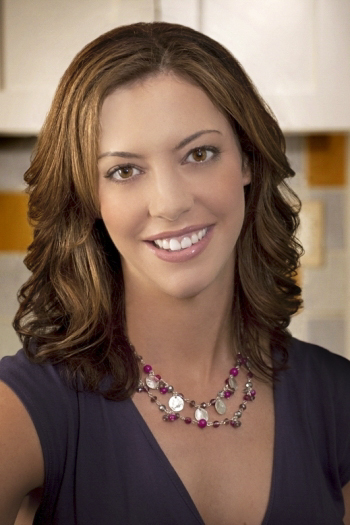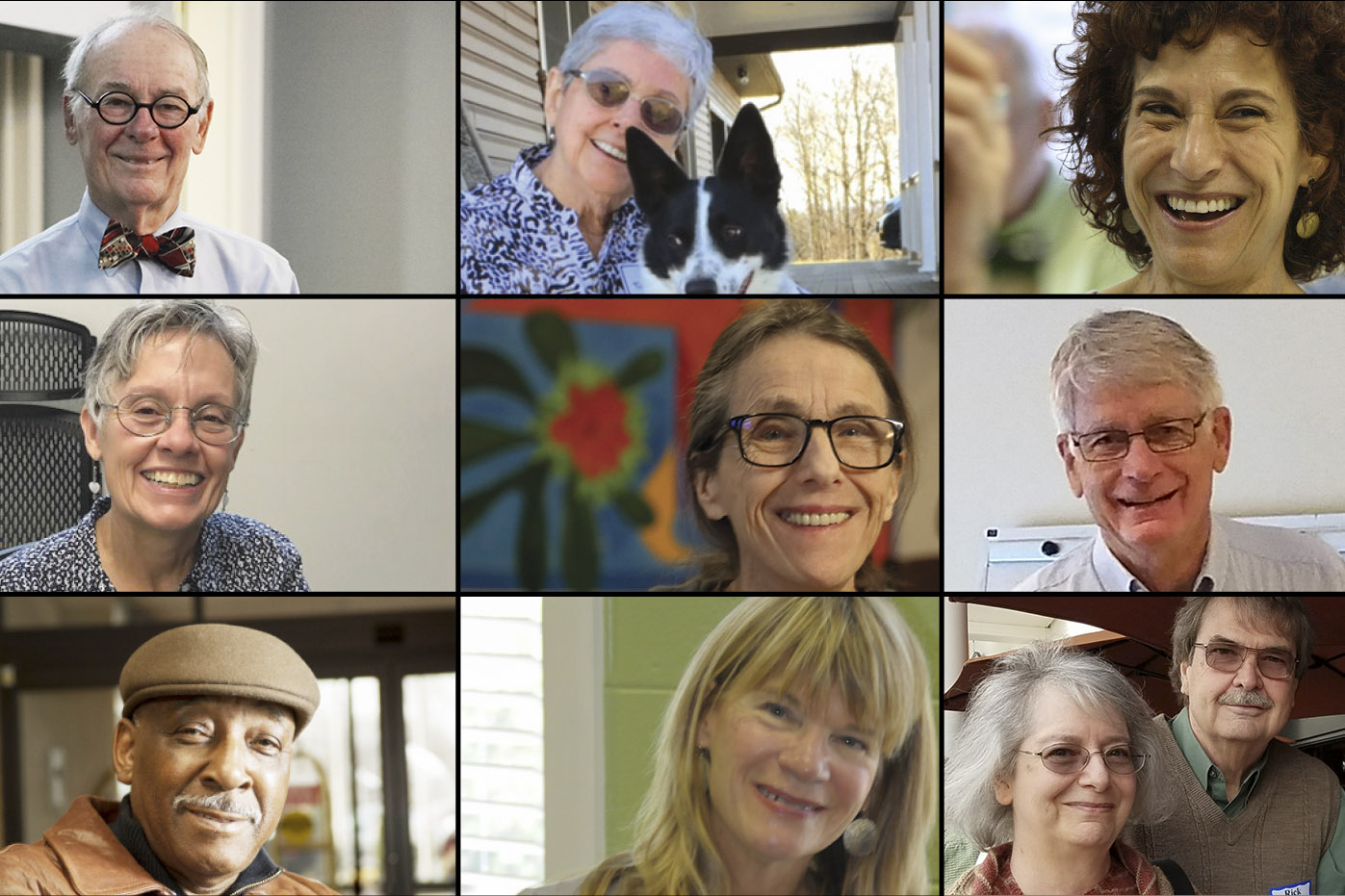The Osher Lifelong Learning Institute at the University of Virginia, a leader in university-level short courses for active adults in Charlottesville, is celebrating its 19th year of service.
But you don’t have to live in Charlottesville to take courses this year, because they are all online due to the coronavirus pandemic. That means for a nominal fee, anyone can have access to some of UVA’s most celebrated professors. The average cost of a course is $35.
This fall for example, you can learn from Richard Guy Wilson, Commonwealth Professor of Architectural History. His seven-session Zoom course, “Arts and Crafts and Art Nouveau in England, Europe and America, 1870s-1914” is a new offering, and takes place on Tuesdays from 10 to 11 a.m.
The fall semester is broken into two sessions, with the first beginning Sept. 8 and the second in mid-October. Registration continues until courses are full, and those who miss out may join a wait list free of charge.

“The Osher Lifelong Learning Institute at UVA is hosting an impressive number of university-level short courses online this fall,” Leslie Pont, the executive director of the institute, said. “With more than 50 courses to choose from, we are also able to expand our reach to those outside of the Charlottesville area, thanks to our new online platform.”
Here is just a sampling of the courses you can take this fall – and they come with instructions on how to load and use Zoom on your computer.
Bach
This course is taught by Donald Loach, an emeritus professor of music at UVA. Here is his course description:
“Johann Sebastian Bach dedicated his towering musical monuments to the glory of God alone and the refreshment of the Spirit. In this course, we will seek to experience the incredible breadth and depth of a few of his great works through listening to recorded passages and viewing performances on film, when available. After first becoming acquainted with the elements of his style as found in his keyboard music, we will move on to his concertos, sonatas, suites and sacred vocal music. Hopefully, we will acquire an ever-deeper understanding of Bach’s masterpieces and develop further our skills as informed listeners.”
Pop-Up Class: Chair-to-Floor Yoga (New)
This course is taught by Leslie Pont, the institute’s executive director. This is her course description:

Leslie Pont is the executive director of the Osher Lifelong Learning Institute. (Contributed photo)
“Leslie Pont’s 40-minute chair-to-floor yoga class will mainly be done in the chair. Students will use the chair to assist with a few standing poses and the class will finish with a few reclined postures. No yoga mat is needed. Bring a pillow or a cushion if you would like to have it handy for the floor work. Please use a chair that is sturdy and free of wheels. The class will focus on safe, accessible postures and alignment using the breath as a guide. Leslie’s class will keep you moving despite the summer heat!”
Vietnam War: On the Ground and on Film (New)
The instructors are Bob Lorish and Marc J. Selverstone. Lorish holds a UVA master’s degree in history and served as a Marine Corps infantry platoon leader from 1968 to 1969. Selverstone chairs the Presidential Recording Program at UVA’s Miller Center of Public Affairs. This is the course description:
“This will be a two-part course examining the Vietnam War from the vantage point of those Americans who daily fought the war and those who have made major films about Vietnam. The first part, presented by Bob Lorish, will cover the draft, combat training, tactics, day-to-day life, medevacs, medals, troop turnover, death, R&R, coming home, the Veteran’s Administration, Agent Orange and building ‘The Wall.’ The second part, presented by Miller Center scholar Marc Selverstone, will focus on how the war has been portrayed in major documentary and feature films.”
Color: Theory and Practice (New)
The instructor is Elizabeth Peak, who received her MFA from Yale University in 1977 and has taught at the college level for 20 years. This is her course description:
“We will learn how to paint with color based on Josef Albers’ ‘Interaction of Color.’ No previous experience is necessary. There are many ways to work with color, but we will focus on watercolor. Our goal is to learn to paint using color in an integral way: in composition, subject matter and scale. Using watercolors and only the three primaries, we will learn to create a scale in hues like that in black and white. A hue is a color: blue, red, etc. The scale is the degree of intensity of each amount of pigment. Finally, we will learn how to change the value of a color by adding increasing amounts of the complement. For example: red is the complement of green, its opposite. When you add a small amount of red to green, it stays green but becomes darker. These practical skills will help one to paint more freely and without using black to darken a color. Students will buy their own supplies from a provided list. Supply list will be provided after registration.”
Human Nutrition and the Future of Food (New)
Instructor Reginald Garrett is an emeritus professor of biology at UVA. This is his course description:
“This course will be a science course for people who have no previous background in science. It will review the basic scientific principles governing human nutrition in the first three classes and then turn to considerations of the technological innovations that are revolutionizing food production and the challenges in feeding the global population.”
Media Contact
Article Information
August 3, 2020
/content/bach-and-future-food-just-few-zoom-worthy-adult-classes-fuel-your-fall

